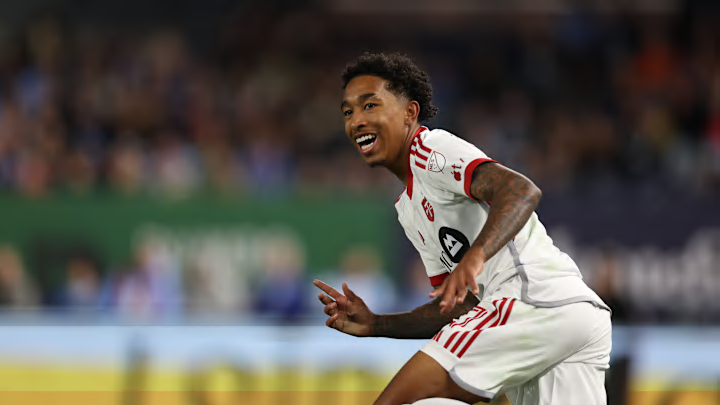Player trades always stir the pot. But when two rival clubs like CF Montréal and Toronto FC strike a deal, it takes things to a whole new level. The recent move involving Jahkeele Marshall-Rutty, a young Canadian prospect, makes it clear that soccer isn’t just about dribbles and goals—it's also about strategy, future vision, and, of course, money. Lots of money.
Jahkeele Marshall-Rutty, only 20 years old, carries the weight of being the youngest player to sign with Toronto FC, way back in 2018 when he was just 15. This prodigy, who made his MLS debut in 2020, quickly became a gem waiting to be polished. But like any raw diamond, the time and environment for refining are crucial to determine its final value. And that’s where the change of scenery comes in. Marshall-Rutty was traded to CF Montréal in exchange for up to $1.3 million in General Allocation Money (GAM), a significant sum that shows just how lively the internal MLS market can be, rivaling even major international transfers.
Follow MLS Multiplex on X (Twitter).
To many, this deal seems straightforward: Toronto needed cash, and Montréal needed a young player to mold. But like every good story, there's much more beneath the surface. Toronto, which has already shown the world its ability to develop and transform talents—think Alphonso Davies—seems to be one step ahead. They know Marshall-Rutty has potential, but maybe he’s not ready to shine just yet. Toronto, with its deep roster, including stars like Richie Laryea and Federico Bernardeschi, chose to let the young talent follow a different path, but not without securing a good financial return and, of course, a slice of the pie from a future sale.
Is this a masterstroke? Maybe. Toronto might be capitalizing on Montréal's hunger for young talent, knowing that if Marshall-Rutty is well nurtured, he could be worth even more in the future. And that future sale percentage might be just what Toronto needs to ensure they come out on top in the long run. Meanwhile, Montréal is taking a risk—a calculated one, no doubt—but still a risk.
But why gamble so much on a player who, so far, has only scored one goal in 73 MLS appearances? The answer is simple: potential. It’s what turns young prospects into superstars. It’s what drives clubs to spend millions on players who haven’t yet proven their worth on the big stage. And this is the bet Montréal is making. They believe that with the right environment and guaranteed playing time, Marshall-Rutty could become the centerpiece of their squad. The contract through 2027, with an option for 2028, isn’t just a formality.
Montréal, which has already bolstered its squad with other key signings like Raheem Edwards and Ruan, is clearly building a team for the future. They know they need players who can grow together, develop together, and eventually bring glory to the club. And Marshall-Rutty, with his speed, skill, and youth, fits perfectly into that plan.
Marshall-Rutty is leaving behind the club that nurtured him, the club that watched him grow since he was 15. He’s stepping into a new environment, with new expectations and, undoubtedly, new pressure. The question is: is he ready for this? Is Montréal ready for this?
On the other hand, Toronto is showing that they aren’t afraid to part with talent when necessary. And with the financial boost from this deal, the club now has the flexibility to make strategic moves that could solidify its position as one of the top teams in MLS.
But will this financial flexibility be worth it? What if Marshall-Rutty becomes the player many believe he can be? What if he becomes Montréal’s standout player in the coming years, leading the team to successes that Toronto could have enjoyed?
In the end, this trade isn’t just about Marshall-Rutty. It’s about the philosophy of two clubs that, despite being rivals, are taking different paths. Montréal is betting on potential, on youth, on a bright future. Toronto, on the other hand, is focused on ensuring that this future is built on a solid foundation, even if it means letting go of a promising talent.
